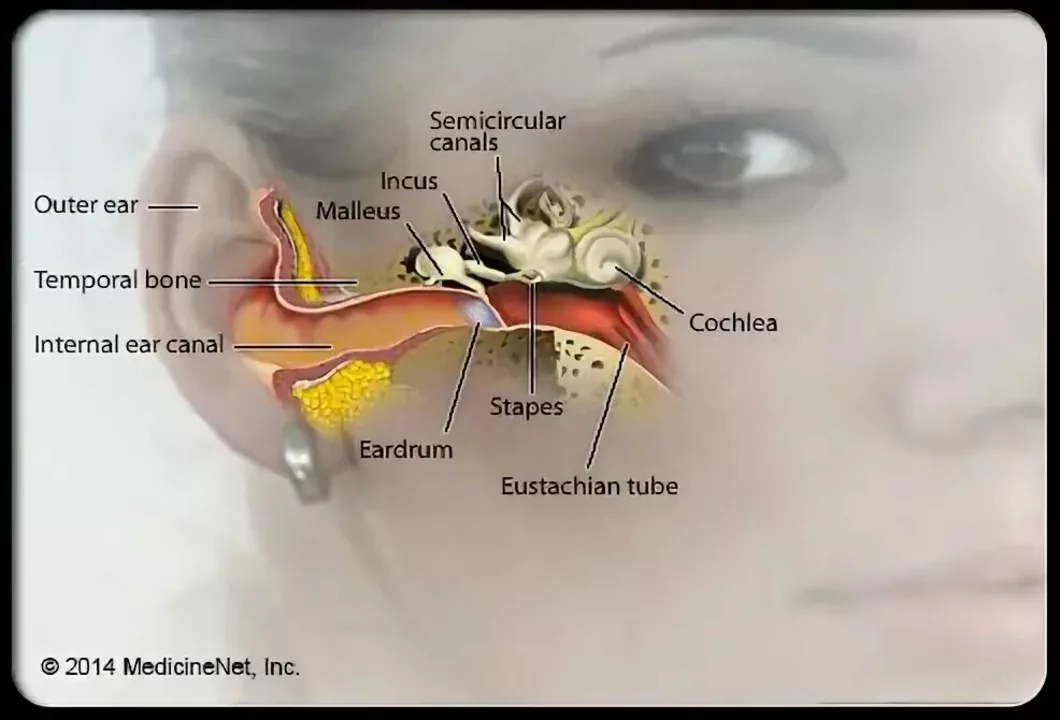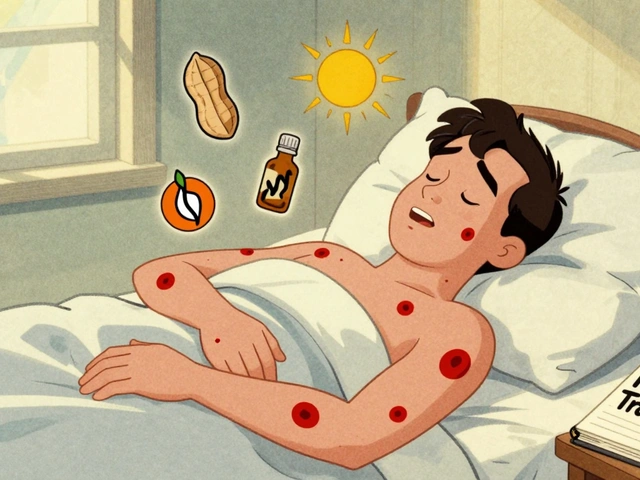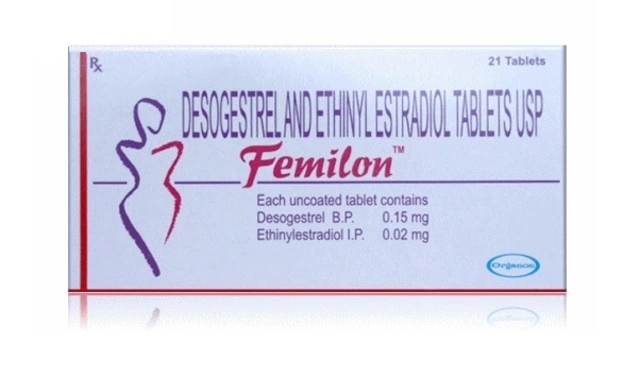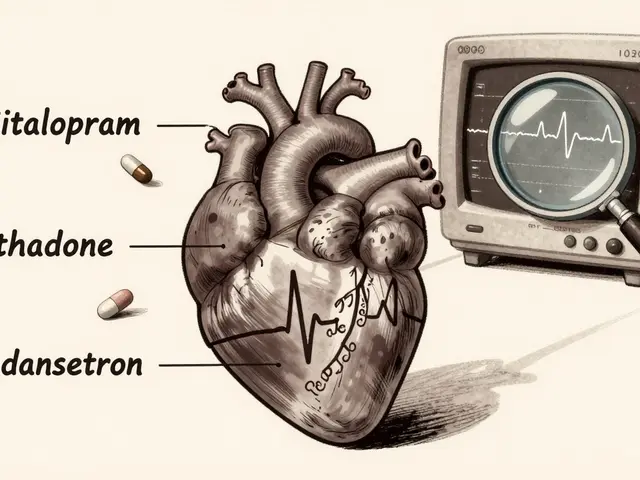Tinnitus: Practical Help for Ringing, Hissing, or Whooshing Ears
That ringing in your ears can feel relentless, but you have options. Tinnitus affects about 10–15% of adults and shows up as ringing, buzzing, hissing, or a whooshing sound. Sometimes it’s temporary after a loud concert. Other times it signals hearing loss, ear disease, or a medication side effect.
Start with a quick checklist: get a hearing test, review medicines, protect your ears, and track when the sound is worse. Many common drugs can trigger or worsen tinnitus — for example, loop diuretics like Lasix, high doses of aspirin, certain antibiotics (aminoglycosides), and some migraine or anti-inflammatory drugs. If a medicine is suspect, don’t stop it suddenly; ask your prescriber about safer choices or dose changes.
What your doctor will check
Your clinician will usually take a medical history, do an ear exam, and order an audiogram. If tinnitus is one-sided, pulsatile, or comes with sudden hearing loss, imaging like an MRI or CT may be needed to rule out vascular or structural issues. Pulsatile tinnitus that matches your heartbeat needs faster attention because it can come from blood flow problems.
Practical ways to feel better now
Masking helps many people right away. Use a fan, white noise machine, or low-volume background music to reduce contrast between silence and the tinnitus sound. Hearing aids can boost outside sounds and reduce awareness of tinnitus if you have hearing loss.
Behavioral approaches work too. Cognitive behavioral therapy (CBT) and tinnitus retraining therapy (TRT) don’t cure tinnitus but change how your brain reacts to it, which can lower stress and improve sleep. For sleep problems, try a fixed bedtime, limit screens before bed, and use gentle sound machines.
Lifestyle steps make a difference. Protect ears from loud noise with earplugs, keep volume moderate on headphones, avoid smoking, and cut back on excessive alcohol and salt if you have inner ear fluid issues. Manage stress with exercise, breathing exercises, or short walks — stress often amplifies the perception of tinnitus.
When to get urgent care: sudden hearing loss, severe balance problems, or pulsatile tinnitus that’s new should prompt same‑day evaluation. If tinnitus follows a head injury or is accompanied by facial weakness, seek emergency care.
If your tinnitus is persistent and affecting daily life, ask your provider about a referral to an audiologist or ENT specialist. Treatment often combines hearing care, sound therapy, and counseling. You don’t have to accept ringing as normal if it harms your sleep, mood, or work. Small, consistent steps often bring measurable relief.
Try free smartphone apps that deliver personalized sound programs or notched music, and consider wearable sound generators if masking helps. There’s no magic pill; drugs rarely remove tinnitus, though short courses of steroids may help sudden cases. Keep a tinnitus diary noting volume, triggers, and medicines — this helps doctors spot patterns. Ask your pharmacist about drug interactions and check lists of ototoxic medicines before starting new prescriptions. Small changes add up. You can get better with the right help.

Atenolol and Tinnitus: Can It Cause Ringing in the Ears?
I recently came across some information on Atenolol and tinnitus, which got me thinking - can this medication cause ringing in the ears? From my research, it seems that Atenolol, a beta-blocker used to treat high blood pressure and other heart conditions, has been linked to tinnitus in some cases. Although it's not a common side effect, some people have reported experiencing ringing in their ears after taking Atenolol. If you're on this medication and notice any changes in your hearing, it's essential to consult your doctor. They can help determine if Atenolol is the cause and recommend alternative treatments if necessary.
Read More




